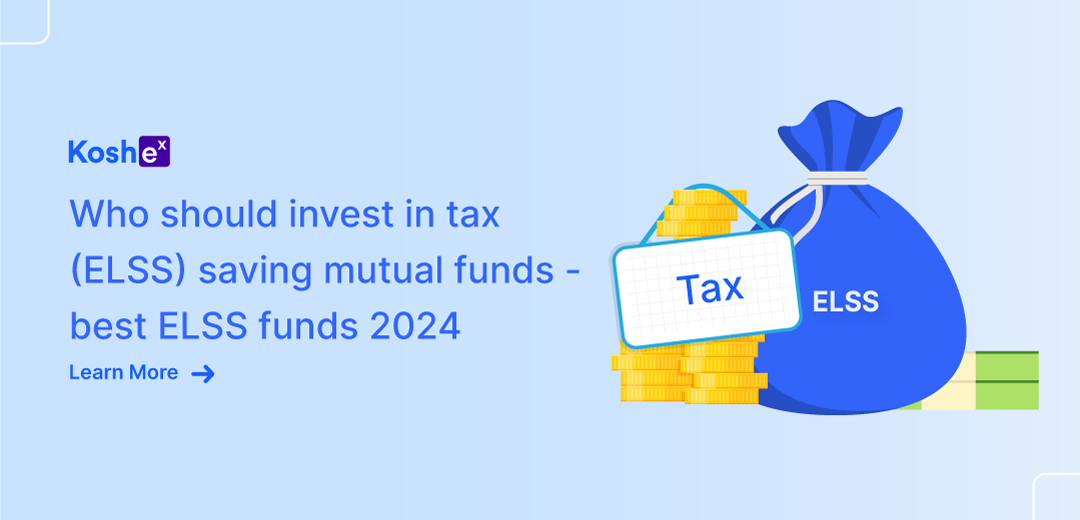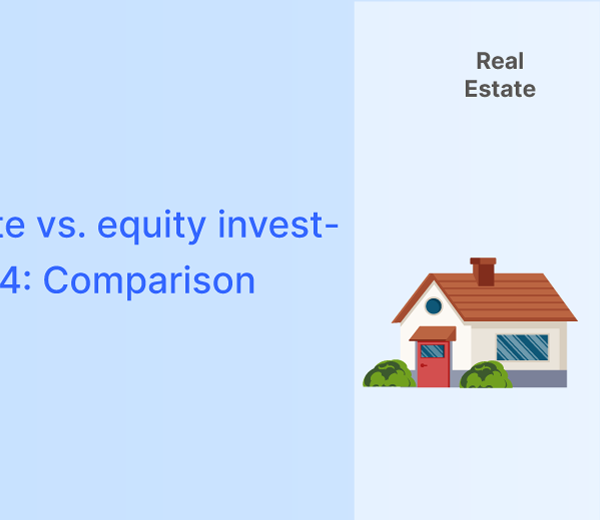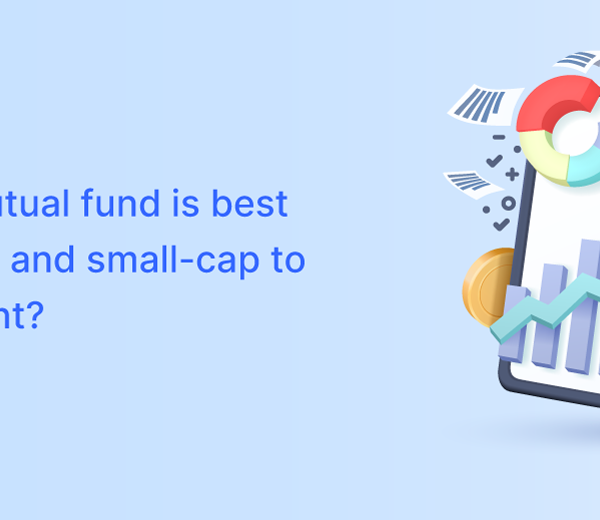In the world of finance, ELSS stands for Equity Linked Savings Scheme, a category of mutual funds that helps you save taxes. These best ELSS mutual funds offer a unique blend of wealth creation and tax savings in 2024. They are designed not just to grow your money but to help you trim your tax liability as well.
Taxes are a formidable adversary, and they can erode your wealth faster than you might realize. Tax-efficient investments, like ELSS mutual funds, are your weapon against high taxation in 2024. They allow you to optimize your tax outflow while your wealth continues to flourish. In this article, you will understand the significance of tax-efficient investments.
Learn how to save on taxes and grow your wealth with Koshex. With hyper-personalized advice and insights, you can expect the best financial instruments to invest in every time. Sign up today!
Understanding Tax (ELSS) Saving Mutual Funds
ELSS funds, or Equity Linked Savings Schemes, are a unique category of mutual funds primarily designed for tax-efficient investments. They combine the wealth-building potential of equities with the added advantage of reducing your tax liability.
These funds invest primarily in stocks, making them a vehicle for capital appreciation and, at the same time, for enjoying tax benefits.
Unlocking Top Tax-Saving Mutual Funds
Under Section 80C of the Income Tax Act, investments in ELSS funds are eligible for deductions up to Rs.1.5 lakh per financial year. This means that you can significantly lower your taxable income by investing in these funds.
There are a few things to keep in mind when investing in ELSS funds:
- The lock-in period for ELSS funds is 3 years. This means that you cannot withdraw your money from an ELSS fund for at least 3 years from the date of investment.
- ELSS funds are subject to market risk, which means that their returns can fluctuate depending on the performance of the stock market.
- ELSS funds are a good investment option for people who are looking to save taxes and invest in equities for the long term.
Who Should Consider ELSS Investments?
1. Individuals in Higher Tax Brackets
ELSS funds are particularly beneficial for individuals in higher tax brackets. ELSS investments can help you reduce your taxable income significantly. The higher your tax liability, the more you stand to gain from these tax-saving mutual funds.
2. Long-Term Investors
ELSS funds come with a lock-in period of just three years, but they truly shine when viewed as a long-term investment. The ELSS fund’s equity exposure has the potential to deliver substantial returns over the long run.
3. Looking for Equity Exposure
ELSS funds provide a balanced approach while investing in equities. These funds allocate a significant portion of their assets to stocks, allowing you to benefit from the growth potential of the equity market.
4. Risk-Tolerant Investors
While ELSS funds offer a balanced approach, they are not entirely risk-free. Investors with a moderate-to-high-risk tolerance can reap the most benefits from these funds. The potential for capital appreciation comes with a certain degree of market volatility.
Best ELSS Mutual Funds 2024
ELSS mutual funds in 2024 present a forward-looking approach to building wealth and optimizing tax benefits. With these funds, you not only harness the potential of the stock market but also enjoy the dual advantage of tax savings.
Now, let’s explore each of these best ELSS mutual funds as per moneycontrol (as of 18-Sep-2024) to understand why they stand out as top choices for investment in 2024:
Quant Tax Plan
Quant Tax Plan has demonstrated remarkable consistency. With an impressive 5-year annualized return of 24.18% p.a., it has caught the attention of investors seeking tax-saving options with substantial growth potential.
Bandhan Tax Advantage (ELSS) Fund (Regular Plan – Growth)
Bandhan Tax Advantage (ELSS) Fund is a formidable choice for tax-saving investments. Its 5-year annualized return of 15.95% p.a. highlights its ability to provide both tax benefits and solid growth.
Bank of India Tax Advantage Fund – Regular Growth Plan
Bank of India Tax Advantage Fund’s 5-year annualized return of 17.36% p.a. showcases its potential to deliver strong performance. It offers a compelling blend of tax efficiency and growth.
SBI Long-Term Equity Fund – Regular Plan
SBI Long Term Equity Fund is a consistent performer. With a 5-year annualized return of 15.51% p.a., it offers investors a tax-saving avenue with a history of favorable returns.
Mahindra Manulife ELSS Fund – Regular Plan
Mahindra Manulife ELSS Fund indicates its ability to generate competitive returns. Its 5-year annualized return of 13.77% p.a. positions it as a worthy option for investors seeking both tax benefits and growth potential.
These top tax-saving mutual funds have demonstrated their mettle in terms of historical performance, consistency, and the potential to provide tax advantages. They are well-suited for investors looking to invest in the best ELSS mutual funds online to make tax-efficient investments while aiming for substantial returns.
Final Takeaways
ELSS investments are a versatile option suitable for individuals across various financial profiles. Whether you are a high-earning professional seeking tax benefits or a long-term investor aiming for wealth creation, ELSS funds have something to offer.
In 2024, as you navigate the financial landscape, consider the profound benefits of ELSS investments. Whether you find yourself in a higher tax bracket, aspire for long-term wealth growth, seek equity exposure, or are prepared for moderate risk, ELSS funds can be a potent addition to your investment arsenal.
Unlock the potential of tax savings and wealth growth with Koshex. Our hyper-personalized advice and insights ensure you invest in the best ELSS Mutual funds online for your unique financial journey. Sign up with Koshex today to embark on a path to financial success.
Frequently Asked Questions (FAQs)
Q1. What is the lock-in period for ELSS funds?
Ans. The lock-in period for ELSS funds is 3 years. This means your investment remains locked for this duration from the date of investment.
Q2. Are ELSS funds subject to market risk?
Ans. Yes, ELSS funds invest primarily in equities, making them subject to market fluctuations. Their returns can vary depending on stock market performance.
Q3. Who should consider investing in ELSS funds?
Ans. ELSS funds are suitable for individuals in higher tax brackets, long-term investors, those seeking equity exposure, and risk-tolerant investors looking for a blend of tax savings and wealth creation.
Q4. Can I invest in ELSS funds through a Systematic Investment Plan (SIP)?
Ans. Yes, most ELSS funds offer the option to invest through SIPs. This allows you to invest a fixed amount regularly, making it easier to meet your tax-saving and investment goals.
Q5. Are ELSS funds suitable for risk-averse investors?
Ans. ELSS funds are moderately risky due to their equity exposure. While they are not as conservative as some other tax-saving options, they have the potential to offer higher returns over the long term.









Leave a Comment